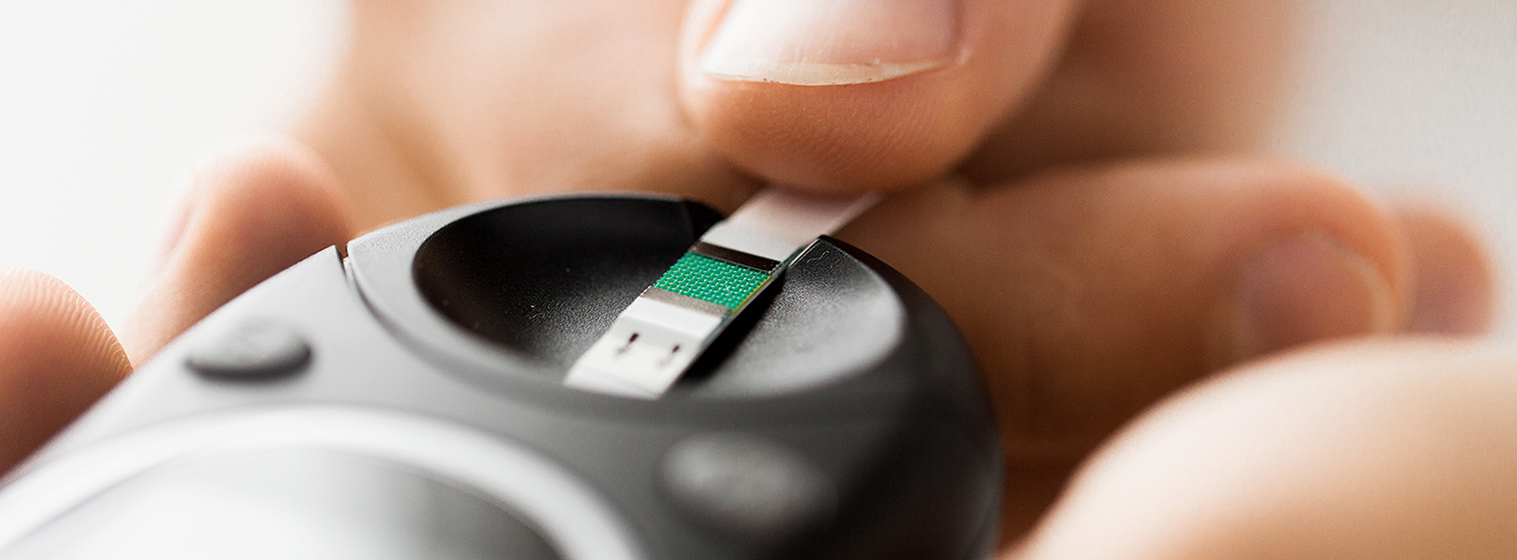
January 27, 2017
Gestational Diabetes, Me?
Words of advice from an expert
Baby showers, shopping for maternity clothes, picking out names and celebrating your pregnancy with family and friends has been exciting and fun but your doctor just called to tell you that you have gestational diabetes. Don’t panic! You are one of the 9 percent of women diagnosed with gestational diabetes around week 24 of pregnancy. Rest assured, you did nothing to cause this- not even eating last night’s ice cream.
During pregnancy, hormones from the placenta help the baby develop but those same hormones can also cause insulin resistance. This makes it difficult for your body to use insulin. If your body is not able to make and use all the insulin it needs for pregnancy, glucose (sugar) can build up in the blood causing high blood sugar.
Treatment for gestational diabetes starts quickly after you are diagnosed. You will learn how to check your blood sugar to monitor the levels to be within the targets that your doctor has advised. Sometimes insulin may be prescribed if your blood sugars are not in good control.
Changes to your pregnancy diet to can help control your blood sugars. Choosing whole grains that are higher in fiber, lean proteins, non-starchy veggies, milk, yogurt, fresh fruits and healthy fats are the basis for a healthy diet with or without gestational diabetes, so strive for a balance. It’s important to keep the timing of your meals and snacks regular and consistent and include a variety of healthy food choices.
Carbohydrates like starches, fruit and dairy can cause blood sugar to increase but they should not be eliminated from your diet. Getting enough carbohydrate during your pregnancy is essential. Your registered dietitian can guide you to the appropriate type and amount of carbs for each meal and snack based on your individual needs. To help keep your blood sugars level, avoid any sugary beverages, juices and keep sweets to an occasional treat. Physical activity (if allowed) can help decrease blood sugars as well.
If you have been diagnosed with gestational diabetes work with your doctor and see a diabetes nurse educator and registered dietitian who are certified diabetes educators. They can work with you and your individual needs to help assure a happy, healthy pregnancy and a healthy start for your baby.
The good news is that gestational diabetes typically goes away after delivery in the majority of cases. It is, however, recommended to get your blood sugar checked 6 weeks after pregnancy to make sure it has returned to normal. Risk of gestational diabetes in future pregnancies is higher and increases the risk for type 2 diabetes later in life. Try not to worry about that yet. After pregnancy, managing your weight, exercising regularly and eating healthy can all help reduce risk of diabetes later on in life.
-Beverly Manganelli, RD, BS, CDE
Beverly Manganelli is a registered dietician and certified diabetes educator. She is currently the Director of Center for Nutrition and Diabetes Management in Flemington, NJ.
